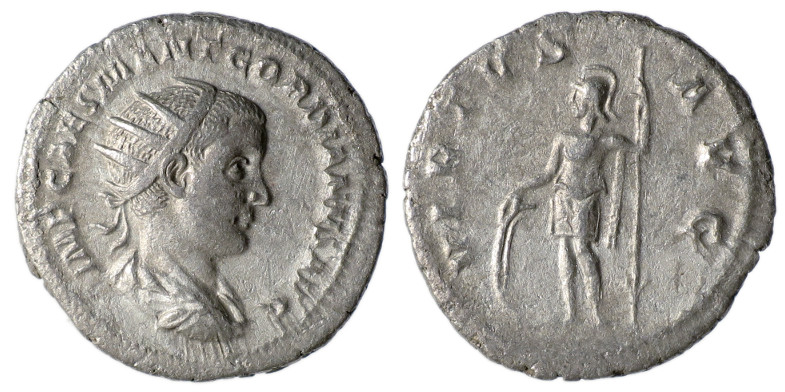|
244
__NOTOC__ Year 244 ( CCXLIV) was a leap year starting on Monday of the Julian calendar. At the time, it was known as the Year of the Consulship of Armenius and Aemilianus (or, less frequently, year 997 ''Ab urbe condita''). The denomination 244 for this year has been used since the early medieval period, when the Anno Domini calendar era became the prevalent method in Europe for naming years. Events By place Roman Empire * Around February 11 – Battle of Misiche: King Shapur I and his Iranian army defeats the Roman army. * February 11 – Emperor Gordian III is murdered by mutinous soldiers in Zaitha (Mesopotamia). A mound is raised at Carchemish in his memory. * Philip the Arab (Marcus Julius Philippus) declares himself co-emperor, and makes a controversial peace with the Sassanian Empire, withdrawing from their territory and giving Shapur 500,000 gold pieces. The Sassanians occupy Armenia. * Philip the Arab is recognized by the Roman Senate as the ... [...More Info...] [...Related Items...] OR: [Wikipedia] [Google] [Baidu] |
Gordian III
Gordian III (; 20 January 225 – February 244) was Roman emperor from 238 to 244. At the age of 13, he became the youngest sole emperor of the united Roman Empire. Gordian was the son of Maecia Faustina and her husband Junius Balbus, who died before 238. Their names are mentioned in the unreliable ''Historia Augusta''. Maecia was the daughter of Emperor Gordian I and sister of Emperor Gordian II. Very little is known of his early life before his acclamation. Rise to power In 235, following the murder of Emperor Alexander Severus in Moguntiacum (modern Mainz), the capital of the Roman province Germania Superior, Maximinus Thrax was acclaimed emperor. In the following years, there was a growing opposition against Maximinus in the Roman Senate and amongst the majority of the population of Rome. In 238, a rebellion broke out in the Africa Province, where Gordian's grandfather and uncle, Gordian I and II, were proclaimed joint emperors. This revolt was suppressed within a mon ... [...More Info...] [...Related Items...] OR: [Wikipedia] [Google] [Baidu] |
Battle Of Xingshi
The Battle of Xingshi was fought between the states of Cao Wei and Shu Han in 244 during the Three Kingdoms period in China. The location was at Mount Xingshi (), which is situated north of present-day Yang County, Shaanxi, and is now part of the Changqing National Nature Reserve. The battle was an attempt by Cao Shuang, the regent of Wei, to conquer Wei's rival state, Shu. It ended in complete failure. Background Despite facing strong opposition in the Wei court, Cao Shuang believed that the campaign was viable, especially when the Shu commander, Jiang Wan, withdrew his main force from Hanzhong to Fu County () in October 243. Cao Shuang and his protégés concluded that with numerical superiority, their army could easily conquer Hanzhong before Shu reinforcements arrive. Even if they failed to eliminate Shu, the fall of Hanzhong would be sufficient to increase Cao Shuang's fame and influence in the Wei court. After the battle of Hanzhong, Wei Yan was appointed as the Administ ... [...More Info...] [...Related Items...] OR: [Wikipedia] [Google] [Baidu] |
Philip The Arab
Philip I (; – September 249), commonly known as Philip the Arab, was Roman emperor from 244 to 249. After the death of Gordian III in February 244, Philip, who had been Praetorian prefect, rose to power. He quickly negotiated peace with the Sasanian Empire and returned to Rome to be confirmed by the Roman Senate, Senate. According to many historians, he was possibly the first Christian Roman Emperor. Although his reign lasted only five years, it marks an unusually stable period in a century that is otherwise known for having been turbulent. Near the end of his rule, Philip commemorated Ab urbe condita#Use, Rome's first millennium. In September 249 he was killed during or shortly after the Battle of Verona (249), Battle of Verona against the usurper Decius, Trajan Decius, who was subsequently recognized by the Senate as his successor. Born in modern-day Shahba#Roman history, Shahba, Syria, in what was then Arabia Petraea, Philip's ethnicity was most likely Arabs, Arab. While h ... [...More Info...] [...Related Items...] OR: [Wikipedia] [Google] [Baidu] |

